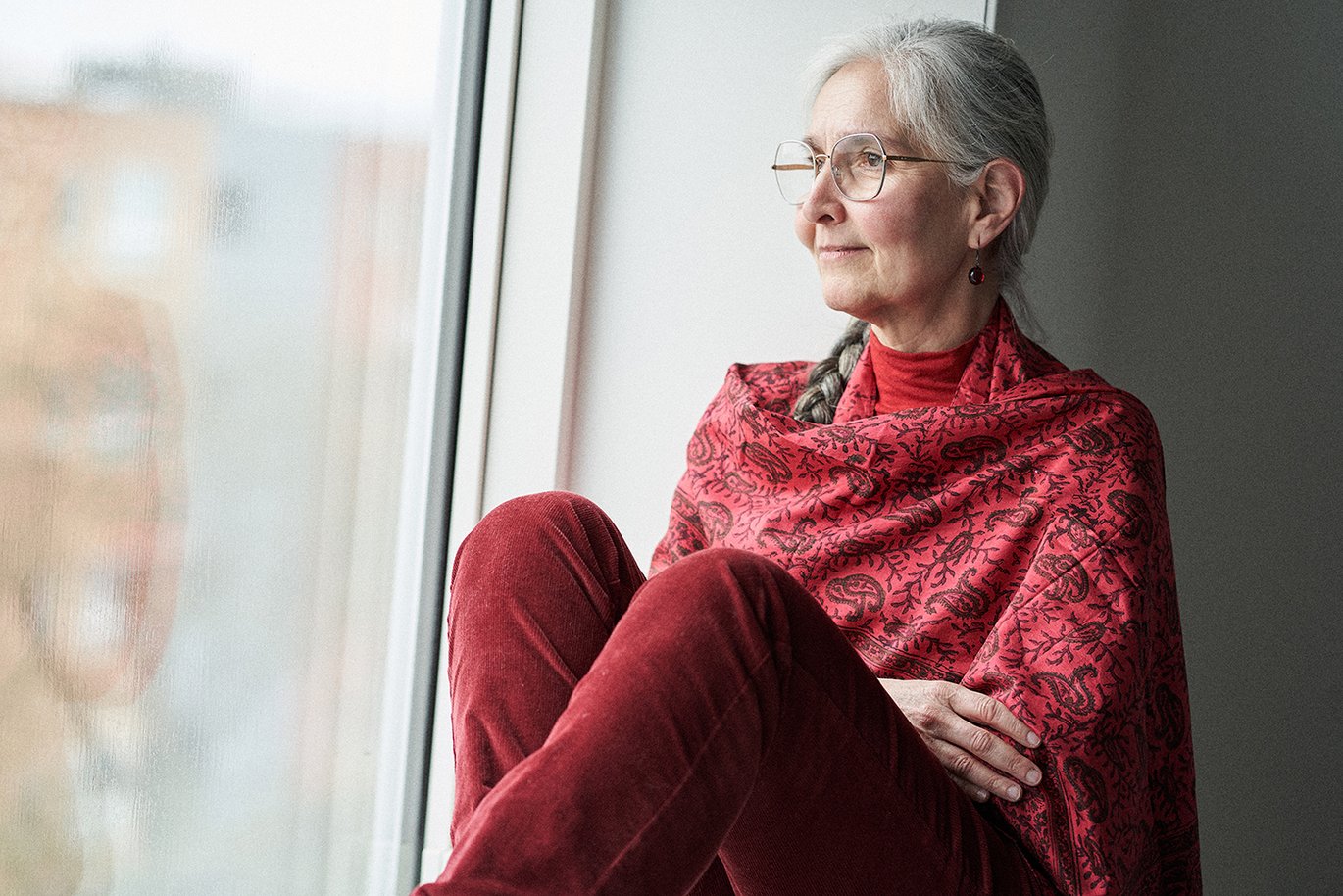New professor wants more focus on the human aspects of software engineering
Emilia Mendes has always been in awe of the digital quantum leaps of technology. She is a new professor of software engineering at the Department of Electrical and Computer Engineering at Aarhus University.

Digital technology has been changing the world for decades, and new innovative technologies and developments are constantly being introduced to make things smarter, faster, better.
However, as long as the development of the software that underpins those technologies depend on human beings, there will be a need to look closely at the human aspects of that development to avoid errors and problems.
This is very important for Emilia Mendes, a new professor of software engineering at the Department of Electrical and Computer Engineering. One of her research areas focuses on the human aspects of developing new software.
“The fields of computer science and software engineering have changed radically over the years due to software development. Software has changed the world in many ways. And we still don't fully understand which factors are suitable for estimating the impact of new software or for predicting its defects,” she says.
She goes on:
"The majority of software development research ignores the human aspects, even though humans and their different personalities and abilities influence the teams and organisations that develop software. Over the past eight years, I've been researching into how software development teams work best together to improve team climate and productivity, among other things. Different combinations of personalities and capabilities working in software development teams can influence, for example, the quality of the final product. There are other aspects too: Is diversity recognised in development teams? Do different genders in a team feel they are treated the same way by their peers? We need to focus on these things now, and even more in a future strongly impacted by artificial intelligence."
Architecture and programming
The fast-evolving digital world and its enormous potential has always fascinated Emilia Mendes. Throughout her professional career, she has always strived to be where the action is - mostly because she can't help herself.
She was born and raised in Brazil. She loved architecture and originally thought she would study civil engineering. In 1984, she took her bachelor's degree in computing at the Pontifical Catholic University of Rio de Janeiro.
"It was all very new and just emerging and I was like 'wow, this is the future and I want to be a part of it'. I knew nothing about software or programming, there was nothing rational about my decision. I just felt an urge to jump in," she says.
After her Bachelor's degree, she worked for four years as a programmer at private companies until 1990, when she started her Master's in computer science at the Federal University of Rio de Janeiro, Brazil's largest federal university and one of the country's leading universities within research and teaching.
She spent a few years as a teacher and R&D manager until 1995, when she decided to pursue a PhD abroad. She had taken French lessons and was fluent in the language, so she thought France was the place to go. But a friend of hers was doing his PhD in the UK, and he was convinced it would be better to go there.
Hypermedia
She ended up starting her PhD in a research group at the University of Southampton under a professor who had the whole team researching and developing something called hypermedia. The internet is a well-known example of hypermedia.
"Again, I felt that this was all very new and the way forward. I was again convinced that this was the future and that I really wanted to be a part of it. So in August 1995 I left Brazil and travelled to the UK and the University of Southampton, where I did my PhD. It was absolutely wonderful. It everything in abundance: hard work, socialising, music and good times," she says.
During her PhD, Emilia discovered a love for research. Curious by nature, she realised that she loved discovering new things, developing, and innovating.
"Discussing my research with other people was a great motivation, because in many ways doing a PhD is a rather lonely journey, even if you have a supervisor. You have to do all the work and come up with all the ideas yourself. But my PhD was fun, really fun," she says
Inaugural lecture in April
Emilia Mendes was an associate professor at the University of Auckland in New Zealand for 11 years, living on Waiheke Island just outside Auckland. She then travelled to Dubai and spent a year as a lecturer at Zayed University, College of IT, a women-only university. After this, she travelled to Scandinavia. She has been here ever since.
In September 2012, Emilia Mendes started as a professor at Blekinge Institute of Technology (BTH). While working at BTH, she also worked part-time as a distinguished professor at the University of Oulu in Finland between 2015 and 2018. She worked at BTH until mid-January 2024, and in February 2024 she joined the Department of Electrical and Computer Engineering at Aarhus University.
Emilia Mendes will give her inaugural lecture on 30 April.
Kontakt
Professor Emilia Mendes
Aarhus University, Department of Electrical and Computer Engineering
Mail: eme@ece.au.dk
Tel.: +4520892737
